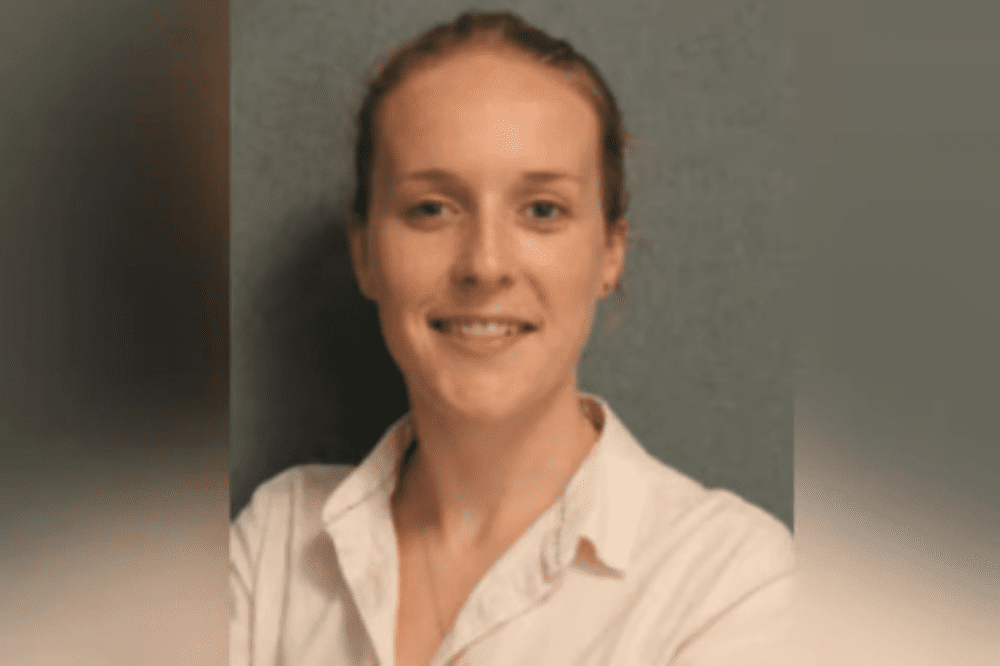Insurance should always expect the unexpected

To use Wilde’s phrase, arguably we should all have “a thoroughly modern intellect” today, after living through what Lloyd’s of London CEO John Neal described as “the most uncertain landscape seen for generations”.
Of course, Neal is referring to the confluence of the COVID-19 pandemic, Russia’s invasion of Ukraine, macroeconomic instability, the changing climate, the explosion of digital innovation … the list goes on.
Read next: Breaking down barriers to entry in the insurance industry
Speaking at the Marsh McLennan Rising Professionals’ Global Forum, Neal said: “When the unexpected happens, people look to those in the risk management business for answers, and a framework for bouncing back.”
He added: “There will always be a need for insurance. It’s a core part of a functioning society, helping people to prepare for the worst and to live more confidently in everyday life. What we all do is incredibly relevant, and it will always be so.”
What a sales pitch for the industry!
There’s a lot of chatter in the labour market today about young and talented individuals (the kind that the insurance industry really wants to attract) wanting purpose. It’s part of the narrative underpinning the ‘Great Reshuffle,’ where people are searching for more meaningful employment after the immense societal disruption of COVID-19.
Insurance is “a core part of a functioning society”. That must be up there with some of the greatest purposes ever. A “functioning society” feeds opportunity for current and future individuals. That’s something we’re all very conscious of after the COVID-19 pandemic revealed how fragile everyday life is.
Read more: Insurer controversy – learning from a DE&I misfire
While the insurance industry perhaps didn’t quite “expect the unexpected” in terms of the global scale and systemic fallout of the coronavirus pandemic, it did still play an integral part in helping the world to maintain a functioning society.
As Neal explained, when faced with unexpected events, “people look to those in the risk management business for answers” around how to respond, bounce back, and (perhaps most importantly) build resilience for the next (expected) unexpected events.
Just as there will always be unexpected events to contend with, there will “always be a need for insurance,” according to the Lloyd’s CEO. This is another very appealing element of the insurance industry.
Back to that notion of purpose. Employees don’t just want to have purpose one day, and nothing the next. They wnt an entire career built on a foundation of purpose – and the insurance industry can deliver that as “there will always be a need” for the insurance services rendered.
To close, I would like to challenge the industry to change people’s expectations. As Neal said, what the insurance industry does is “incredibly relevant and it will always be so” – but the average person doesn’t necessarily know that. They don’t know the role that insurance plays in maintaining a functioning society. They don’t know how the insurance industry is poised to expect the unexpected.
This is such an important message to portray, not just for the future health and sustainability of the insurance industry, but for society as a whole.





